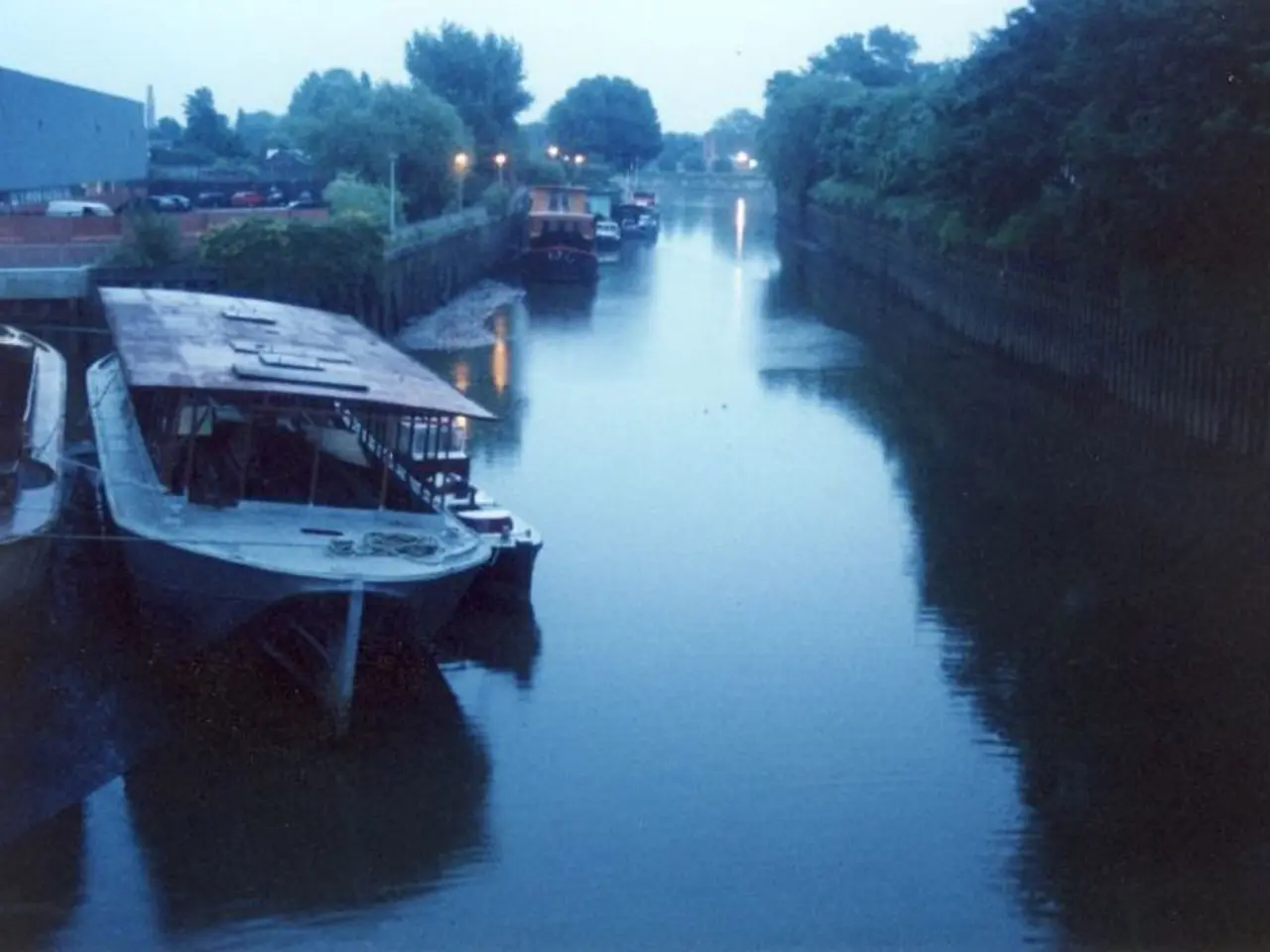River Safety Recommendation Issued Following Coroner's Report
In a sombre reminder of the risks involved in river crossings, the Mountaineering Safety Council (MSC) has extended its condolences to the family, friends, and colleagues of Edward Hearnshaw, a 43-year-old from Wellington, who lost his life in a river crossing tragedy in Hawke's Bay.
Hearnshaw and his friend, Geoff Simmons, were tramping in the Ruahine Forest Park when they were swept down a river during an attempted crossing. The coroner's findings, released recently, revealed that the water level had risen due to significant rain overnight, forcing the pair to try a crossing further upstream.
The tragedy serves as a stark reminder of the dangers involved in river crossings, according to the MSC Chief Executive, Daisley. "All flooded, fast-moving rivers are considered unsafe," Daisley stated.
The MSC advises people to assess the safety of a river before attempting a crossing. Signs that a river may be unsafe include water moving faster than a normal walking pace, discolored or cloudy water, visible debris, and the sound of rolling boulders. If unsure about crossing a river, the MSC advises to stay out, even if it appears safe.
In an effort to prevent such tragedies, the MSC provides free resources to help people assess the safety of a river and learn how to cross it safely. These resources include a River Safety Section, a video on how to cross a river, and a learning module. The MSC encourages everyone, especially those who enjoy outdoor activities like tramping, hunting, or trail running, to make use of these resources.
River crossings are the second highest cause of fatalities among trampers in New Zealand. Since 2007, there have been 21 river crossing fatalities, with 14 related to tramping, 6 related to hunting, and 1 related to trail running.
Daisley advises that if in doubt, it is better to spend a night on the riverbank and wait for the river level to drop. River levels can change dramatically over 24 hours. Self-rescues can be difficult to achieve in fast-moving, flooded rivers.
The coroner who led the investigation into the Hawke's Bay River Crossing accident was named Alan Dennis. Simmons was able to self-rescue, but Hearnshaw could not.
A caption accompanying the article shows a picture of a rapidly changing river level, serving as a visual reminder of the unpredictable nature of rivers and the importance of safety precautions. Do not underestimate the potential dangers once you've entered the river. Always prioritise safety over speed or convenience.
Read also:
- Is it advisable to utilize your personal health insurance in a publicly-funded medical facility?
- Dietary strategies for IBS elimination: Aims and execution methods
- Benefits, suitable dosage, and safety considerations for utilizing pumpkin seed oil in treating an overactive bladder
- Harmful Medical Remedies: A Misguided Approach to Healing




